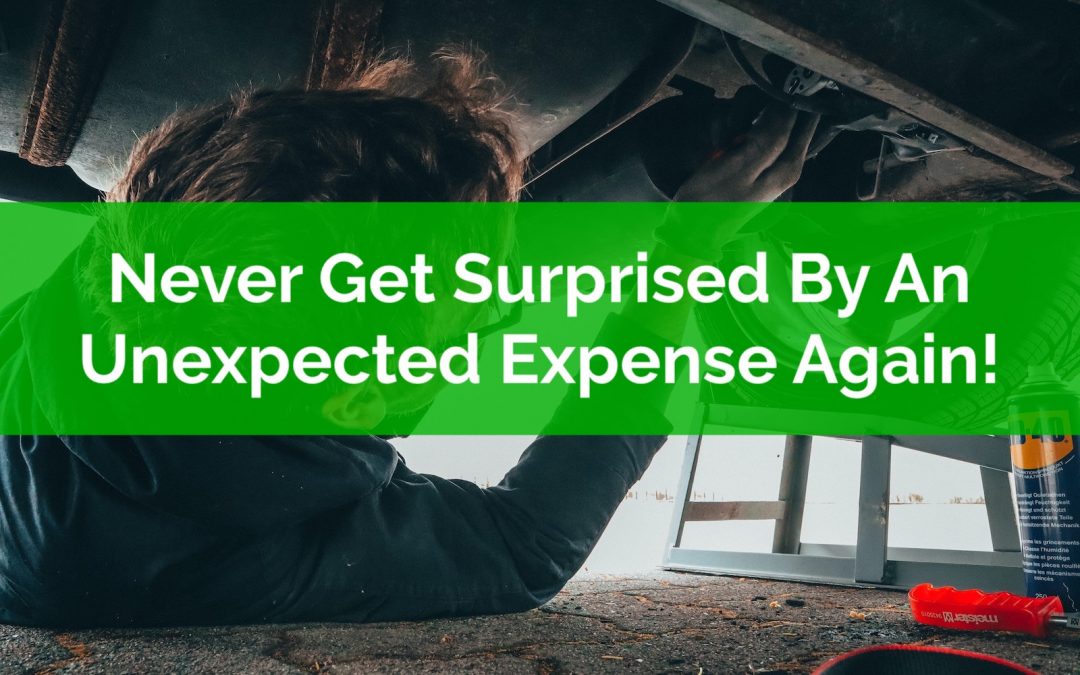
by Owen | Mar 19, 2023 | Behavioral Finance, Budgeting, Emergency Fund
Some surprises are great… but one surprise no one likes is an unexpected expense. An unexpected expense can wreak havoc on your personal finances. Unfortunately, unexpected expenses are extremely common, especially for those who own homes and vehicles.
For those of us who own large depreciating assets like vehicles, homes, boats, RVs etc., planning for unexpected expenses is an important financial habit. We need to prepare for future repairs and upgrades, even if they’re not entirely predictable.
At PlanEasy we call these types of expenses “infrequent expenses”. Unlike your regular monthly bills, infrequent expenses are not regular and are much less predictable. It’s hard to predict both the size and timing of infrequent expenses but they are still expenses that we need to prepare for.
If you own a depreciating asset like a home or vehicle then you can be guaranteed to have some large expenses in the future. To prepare for these expenses you need to set aside a certain amount of money each month, otherwise you’ll feel a nasty cash flow pinch in the future, or in a worst-case scenario, end up in debt. For those with a large home and 1-2 vehicles, setting aside $500 to $1,000+ per month is a pretty common goal. How much are you setting aside for infrequent expenses? Is it enough?
To manage these infrequent expenses, we can use a “fund” or “funds”. A fund is a small pot of money that you contribute to regularly. It’s set aside in a high-interest savings account and waits there ready to help when these types of expenses occur. We don’t like to think of this as savings, and its not an emergency fund, this is future spending that just hasn’t quite happened yet.
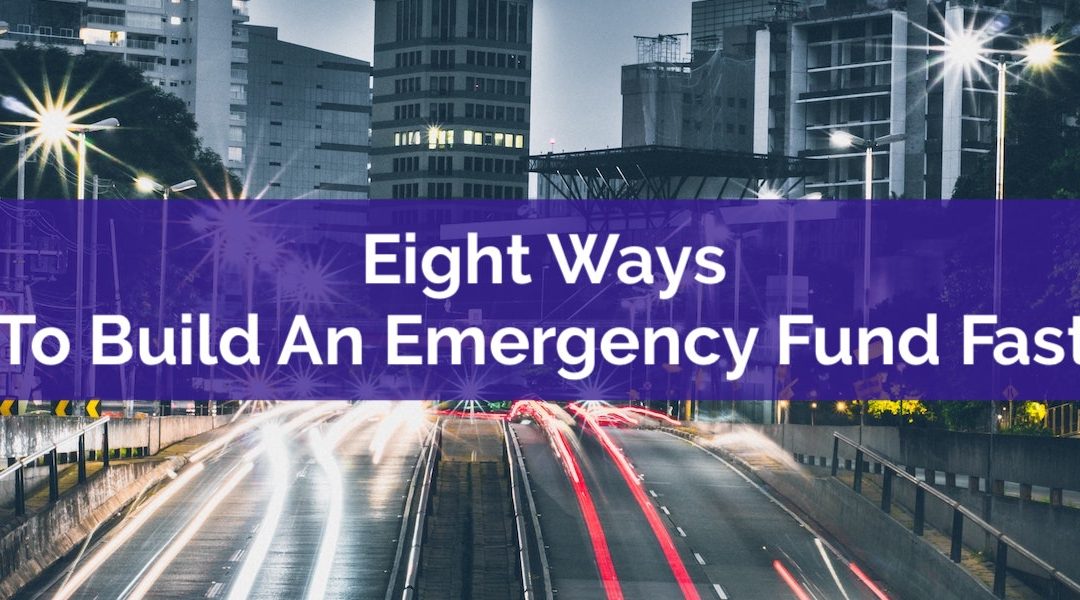
by Owen | Oct 31, 2022 | Behavioral Finance, Budgeting, Emergency Fund, Financial Goals, Financial Planning, Insurance And Risk Management, Saving Money
Emergency funds are great. There are lots of reasons why you should have an emergency fund. Financial emergencies happen all the time. It could be an unexpected car repair, the deductible on your home insurance, or something really terrible, like dropping your iPhone and it shattering into a million pieces.
The common recommendation is to have between 3 and 6 months of living expenses in your e-fund (more if you have variable income or work in an industry known for layoffs).
But saving 3 to 6 months of expenses can seem daunting. Even saving up just one month of expenses in your emergency fund can take a very long time if you’re just making ends meet.
Don’t get discouraged, emergency funds are great, even small ones. Having just $100 in a savings account can make a huge difference.
If it seems like it’s taking forever to reach your e-fund goal, and you want to build your emergency fund faster, then try one, two, or all eight of these ideas to help boost your e-fund quickly.
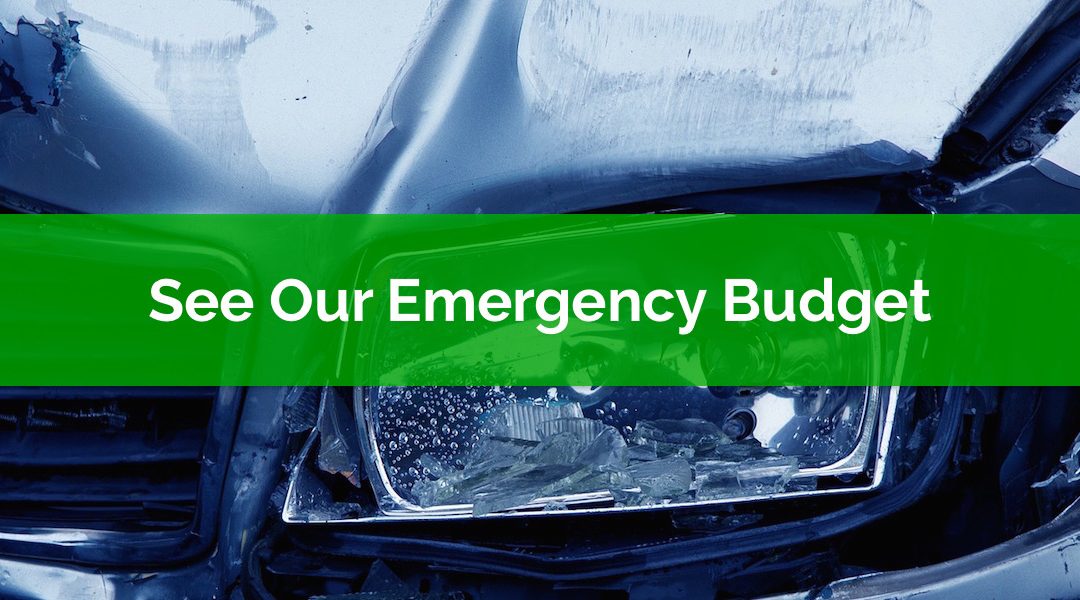
by Owen | Oct 24, 2022 | Budgeting, Emergency Fund
You may have heard of an emergency fund, but have you ever heard of an emergency budget?
The fear of the unknown is very real. When it comes to personal finances, a little unexpected expense can cause a major issue. One small expense can lead to a snowball of high interest debt. An emergency fund can help avoid those issues. An emergency fund will help cover the cost of an unexpected expense. An emergency fund will help you worry less about the unknown and will provide a lot of peace of mind.
An emergency fund isn’t the only thing that can provide peace of mind though.
There are many things that you can do to help you worry less about the unknown and avoid financial problems that naturally come up from time to time.
On top of an emergency fund, one thing you can do is have a high savings rate. Having a high (+20%) savings rate will give you room breathe when something unexpected comes up. Another thing you can do is have more than one income stream. Having income from your job, plus investments, plus rentals/AirBnB, plus side gigs will help increase your financial flexibility.
Lastly, having an emergency budget will help you prepare for the unexpected and provide an enormous amount of peace of mind.

by Owen | Oct 17, 2022 | Behavioral Finance, Budgeting, Emergency Fund, Financial Planning, Income, Insurance And Risk Management, Investment Planning, Retirement Planning
Preparing for retirement can be exciting but also a bit stressful. Retirement is full of opportunity but also full of risk, and there are six key retirement risks to plan for.
Planning ahead to avoid or reduce these risks will make retirement more enjoyable. It will make a retirement plan more robust, more stable, and more secure.
These risks are very common in retirement, but everyone experiences these risks differently depending on their situation and goals. Depending on your situation, these risks may already be reduced, but if not, then you may need to take extra steps to reduce these risks in retirement.
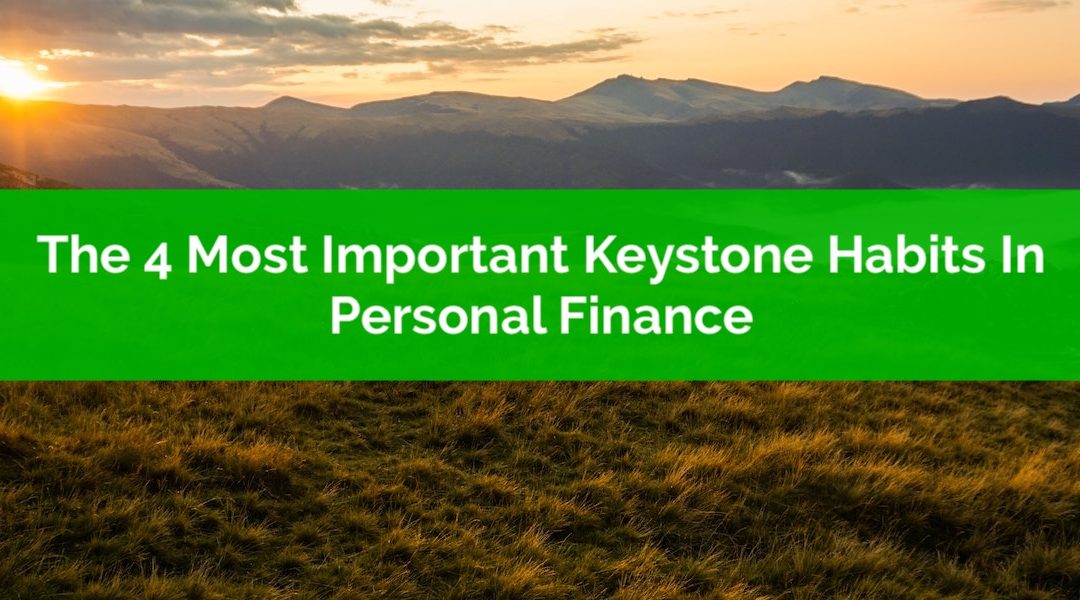
by Owen | Sep 6, 2022 | Behavioral Finance, Budgeting, Buying A Home, Down Payment, Emergency Fund, Financial Planning, Get Out Of Debt, Retirement Planning
There are certain habits that make things way easier, these habits are more important than others, these habits are called keystone habits. Keystone habits create a foundation from which you can make even bigger and more positive changes. Mastering the right keystone habit can transform your life.
We have habits everywhere in our lives and we build new habits all the time (both good and bad!). We use these habits to support our daily lives. These habits make our lives easier, you don’t have to think about what you’re doing, it just comes naturally.
Having a solid keystone habit will create a foundation from which you can make even bigger changes. Eating right, getting regular exercise, sleeping eight hours per night, these are all keystone habits that create a solid foundation from which you can make even more positive changes in your life.
The best part about keystone habits is that once they’re established they don’t take much effort to maintain.
When it comes to personal finance there are 4 important keystone habits. Once these habits are established they create a ripple effect through the rest of your personal finances.
If you practice these four keystone habits then there is nothing you can’t achieve with your personal finances!
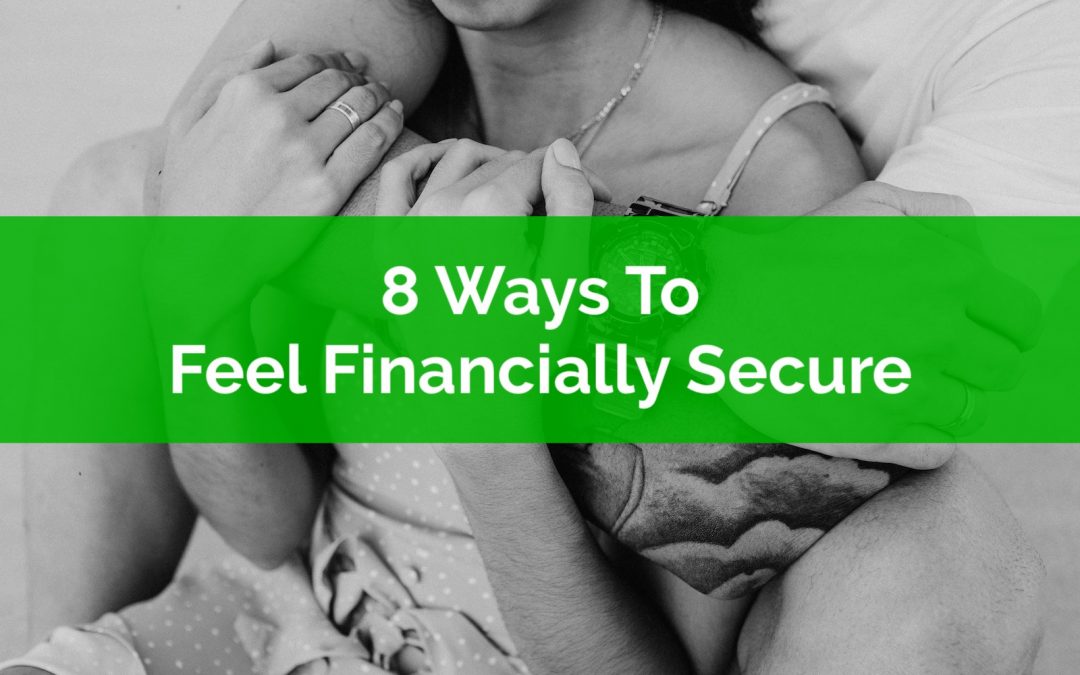
by Owen | Jun 6, 2022 | Budgeting, Emergency Fund, Financial Goals, Get Out Of Debt, Investment Planning, Retirement Planning
Feeling financially secure has nothing to do with how much money you have, or how much money you earn, feeling financially secure is all about how you feel about your finances, how you manage your finances, and your attitude towards money in general.
Financial insecurity is a very common feeling. It affects both low-income and high-income households, it affects both young and old. In fact, according to a recent FP Canada survey, at least half of us are affected by financial stress in some way.
“Half (50%) of Canadians say that financial stress has impacted their life in at least one way, with health issues (18%), marriage/relationship problems (15%), distractions and reduced productivity at work (14%), and family disputes (13%) the most common ways stress affects them.” Source.
When talking about financial security, it’s important to differentiate between BEING financially secure and actually FEELING financially secure. It’s possible to BE financially secure but not FEEL that way. It’s possible to be in a good financial position but without the right knowledge, routines and plans, it may not actually feel that way.
In this post we’ve outlined eight things you can do to FEEL financially secure (even if you still have the exact same income, spending, and savings).






